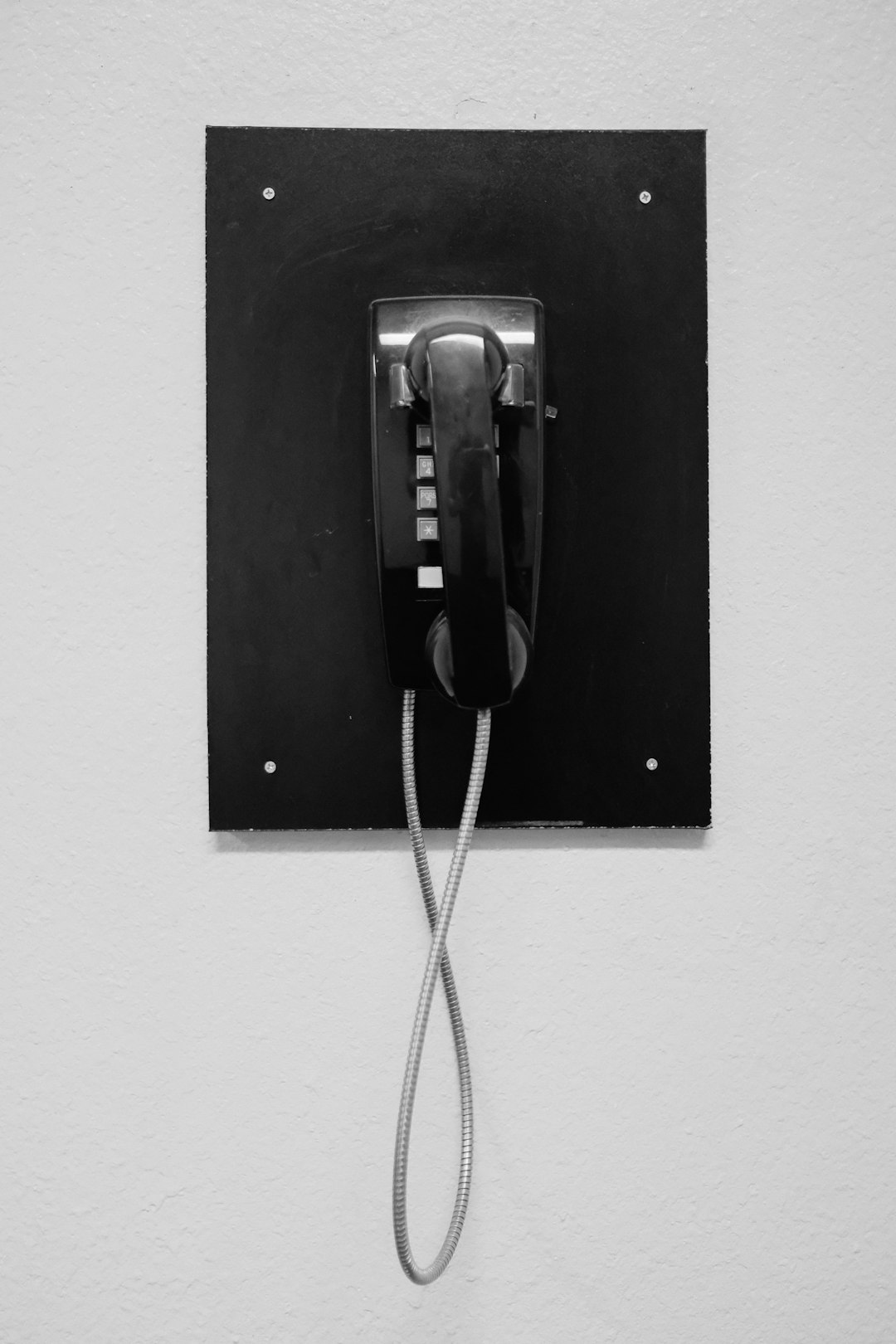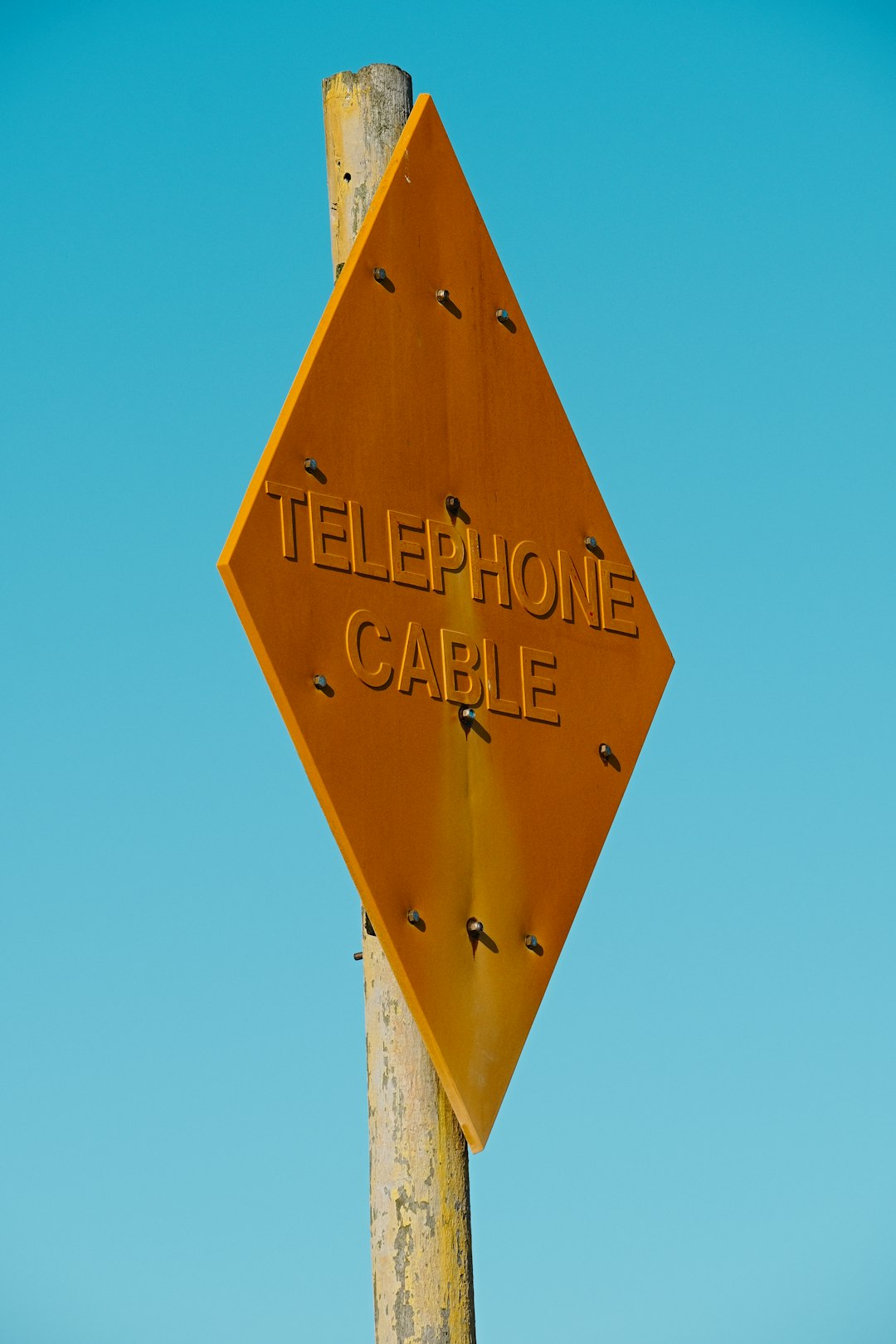Florida's strict robocall laws protect residents from unsolicited automated calls by prohibiting them without prior consent and mandating clear disclosures. Residents can reduce unwanted calls by registering on the Do Not Call list, blocking common patterns like pre-recorded messages using apps leveraging machine learning algorithms, and reporting violations under the Telemarketing and Consumer Fraud Act and Florida Deceptive and Unfair Trade Practices Act (FDUTPA).
In Florida, understanding the state’s strict robocall laws is crucial for residents seeking protection against intrusive automated calls. This guide delves into the legal framework surrounding robocall laws in Florida, providing insights on identifying and blocking common types of robocalls. We review the top robocall defense apps tailored for Florida residents, outline their features, and highlight effective strategies to combat annoying robocalls. By arming yourself with knowledge, you can effectively navigate and enforce your legal rights against automated calls in the Sunshine State.
Understanding Robocall Laws in Florida

In Florida, like many states, robocalls are regulated by specific robocall laws to protect residents from unsolicited and unwanted calls. These laws aim to curb automated telemarketing practices that can be intrusive and deceptive. The Florida Attorney General’s Office plays a crucial role in enforcing these regulations, ensuring compliance among businesses and organizations conducting outbound calls.
Florida’s robocall laws prohibit automated phone systems from making calls to numbers on the Do Not Call list without prior consent. This list allows individuals to opt-out of receiving marketing calls, and violators can face penalties. Residents are encouraged to register their numbers on this list to reduce the frequency of robocalls they receive. Additionally, Florida’s laws require clear disclosures when a call is generated by an automated system, providing consumers with information about the purpose of the call and how to opt out.
Identifying and Blocking Common Robocalls

Robocalls have become a pervasive issue in Florida, with many residents receiving unsolicited calls from automated systems. Identifying and blocking these common robocalls is an essential step in protecting oneself under the state’s robocall laws. By understanding the patterns and techniques used by robocallers, individuals can better fortify their defenses.
One way to combat these unwanted calls is by recognizing typical robocall characteristics, such as pre-recorded messages, automated prompts, or unknown numbers with no local area code. Many robocall blocking apps leverage machine learning algorithms to detect and filter out these calls based on historical data and user reports. Florida’s robocall laws empower residents to take action against these intrusive calls, making the adoption of such apps a proactive measure to safeguard personal privacy.
Top Robocall Defense Apps for Florida Residents

In Florida, like many other states, robocalls remain a persistent nuisance. However, with the right tools, residents can better protect themselves from these unwanted calls. Several apps have emerged as top defenders against robocalls, offering advanced technologies to identify and block automated phone calls.
Popular choices among Florida residents include TrueCall, Hiya, and NoMoRobo. These applications utilize machine learning algorithms to detect and filter out spam calls in real time. By continuously updating their databases with the latest patterns of fraudulent numbers, these apps ensure users receive more accurate protection against robocalls in compliance with Florida’s anti-robocall laws.
Florida's Legal Rights Against Automated Calls

In Florida, there are specific laws in place to protect residents from automated or robocalls. The Telemarketing and Consumer Fraud Act prohibits businesses from making automated phone calls for telemarketing purposes without first obtaining written consent from the recipient. This law extends to robocalls, ensuring that individuals have control over their phone numbers and can prevent unsolicited calls.
Florida’s Attorney General’s Office actively enforces these rules, and consumers have the right to file complaints against companies violating robocall laws. By asserting these legal rights, Florida residents can take an active step in defending themselves against unwanted and potentially fraudulent automated calls.
Effective Strategies to Stop Annoying Robocalls

In the face of relentless robocalls, Floridians now have a variety of effective strategies at their disposal thanks to evolving robocall laws. One powerful tool is using official do-not-call lists and registries. By signing up for these lists, residents can reduce the number of unwanted calls significantly. Additionally, advanced call blocking apps specifically designed to identify and filter out robocalls have gained popularity. These apps leverage machine learning algorithms to recognize patterns characteristic of automated phone systems, effectively silencing them before they disrupt your day.
Beyond technological solutions, Floridians should familiarize themselves with state laws governing robocalls. The Florida Deceptive and Unfair Trade Practices Act (FDUTPA) prohibits automated or prerecorded telephone calls unless the caller obtains prior express consent from the recipient. Reporting nuisance robocalls to your local Federal Communications Commission (FCC) office is another crucial step. This not only helps in combating the issue but also contributes to a nationwide effort to enforce robocall laws and make calls more secure for everyone.






